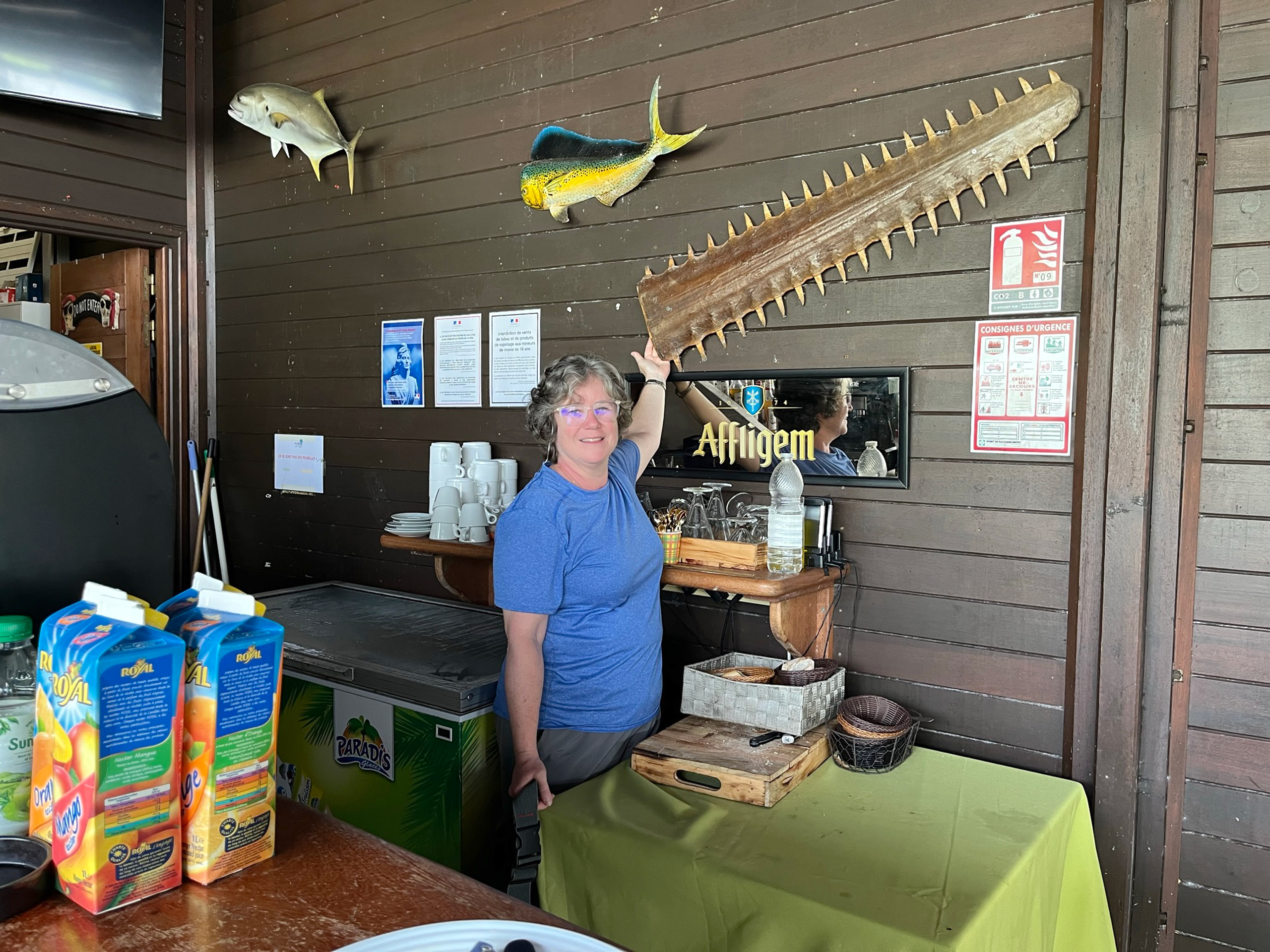2024 Conservation Fellows announced
‘Without the people to do the conservation work, there is no conservation.’ Dr Andrew Chin, scientific adviser to the Save Our Seas Foundation (SOSF), is passionate about the long run. He believes that investing in talented and dedicated conservationists is essential to ensure that change-makers are sufficiently energised, inspired and supported to maintain their momentum in the field of science and conservation. ‘Conservation relies on people to undertake conservation work. However, the problem is that there’s often a disconnect between the way projects are funded and what conservation practitioners need.’ Thanks to Andrew and scientific advisers, Sarah Fowler and Dr Dean Grubbs, and the efforts of James Lea, the chief executive officer of the SOSF, and Sandrine Griffiths, its executive officer, the foundation is thrilled to announce three inaugural recipients of a ground-breaking fellowship that puts the people at the forefront of conservation first.
The SOSF Conservation Fellowship was launched in 2023 to celebrate 20 years of the SOSF and provides up to US$8,000 per year for two years to directly support the living costs of someone to carry out shark and ray conservation work in a developing country. The aim is to help retain their enthusiasm and innovation in the sector and further develop their expertise, so that the ‘brains trust’ is not only maintained, but empowered to help develop new generations of conservation impact.
Issah Seidu and his team measuring blue sharks caught by the local fishers.
While funding will always be necessary to launch submersibles, deploy cameras, attach tracking tags, install receiver networks, mobilise people and communities and put fuel into boats, equal consideration needs to be given to the capacity of researchers and conservationists to conduct the work that makes these technologies and initiatives function. Not only this, but conservationists need to be given sufficient support that they are able to best apply their minds to new ideas. When conservationists are underfunded – not paid a living wage, unable to progress with their peers in other fields in terms of housing, transport and a healthy, balanced lifestyle – they are unable to perform at their best sustainably.
As Andrew explains, ‘Funding is usually project based. The funds are spent on the likes of travel and equipment rather than on the needs of the people doing the conservation work and running the projects. These limitations and uncertainties leave conservation workers vulnerable.’ Juggling multiple roles and moonlighting to make ends meet are often the hallmark of young scientists, a trend that doesn’t bode well for their capacity for creativity or the ability to apply the very tenets we propose in conservation to their own lifestyles. Imagine how powerful the commitment and innovation can be when we consider the well-being of conservationists and support them better than they have been supported in the sector to date! Not only do we stand to retain talent and attract the brightest and most passionate minds to the field, but we can create a culture of dignity, respect and value across a global cohort of people who care about this planet; a culture that no longer relies on the idea that conservationists can survive on passion alone and should remain in the sector only because they love what they do and are committed to a cause.

The Save Our Seas Foundation Conservation Fellows for 2024
The three recipients of the inaugural Conservation Fellowship embody the passion and dedication that characterise most conservation practitioners. As committed professionals in under-resourced and under-researched regions, they are well placed to make a powerful impact on conservation efforts – but they have had to overcome more challenges than scientists in better-funded regions and in graduate student programmes that are better supported.
Issah Seidhu is a committed champion of Ghana’s chondrichthyans. He has spent several years as an SOSF-funded project leader recording baseline information about the West African nation’s sharks and rays. He founded AquaLife Conservancy, a non-profit based in Ghana, which he used not only as a platform to spearhead research on sharks and rays in the region, but also as an opportunity to train students and foster new local conservation champions.
Patricia Charvet is seeking out sawfish along the Amazonian coast, sifting out clues of their presence from the mangroves, sandbanks and mudbanks where the mighty Amazon River flows into the Atlantic Ocean. The region boasts a rich natural history legacy and is a treasure trove of precious biodiversity, but tackling research in this dynamic and complex place is no mean feat. Patricia’s tenacity will serve her well; while researching freshwater stingrays for her MSc and PhD, she remained committed to her true passion for sawfish and has carved out the beginnings of an ambitious trajectory that she calls ‘a sawfish revival’ on the Amazon coast.
Faqih Akbar Alghozali leads Elasmobranch Project Indonesia, supporting the conservation of Indonesia’s sharks and rays through citizen science, dedicated research and digital campaigns. His love for sharks is lifelong, and a childhood spent pouring over encyclopaedias has led him to his current project filling in the research gaps on giant guitarfish in Java’s Karimunjawa National Park Marine Protected Area.

Patricia with a sawfish rostrum she discovered on display at a local shop.
Andrew is inspired by the commitment of each of the fellows and sees much potential for their continued contribution to the conservation community. ‘The fellowships will ensure that these valuable members of the conservation community can continue doing their work and can also build capacity and train new generations of shark and ray conservation researchers and practitioners,’ he says.
‘Through these fellowships,’ he concludes,
Faqih conducting an interview with the local fishers to collect valuable information on giant guitarfish.
